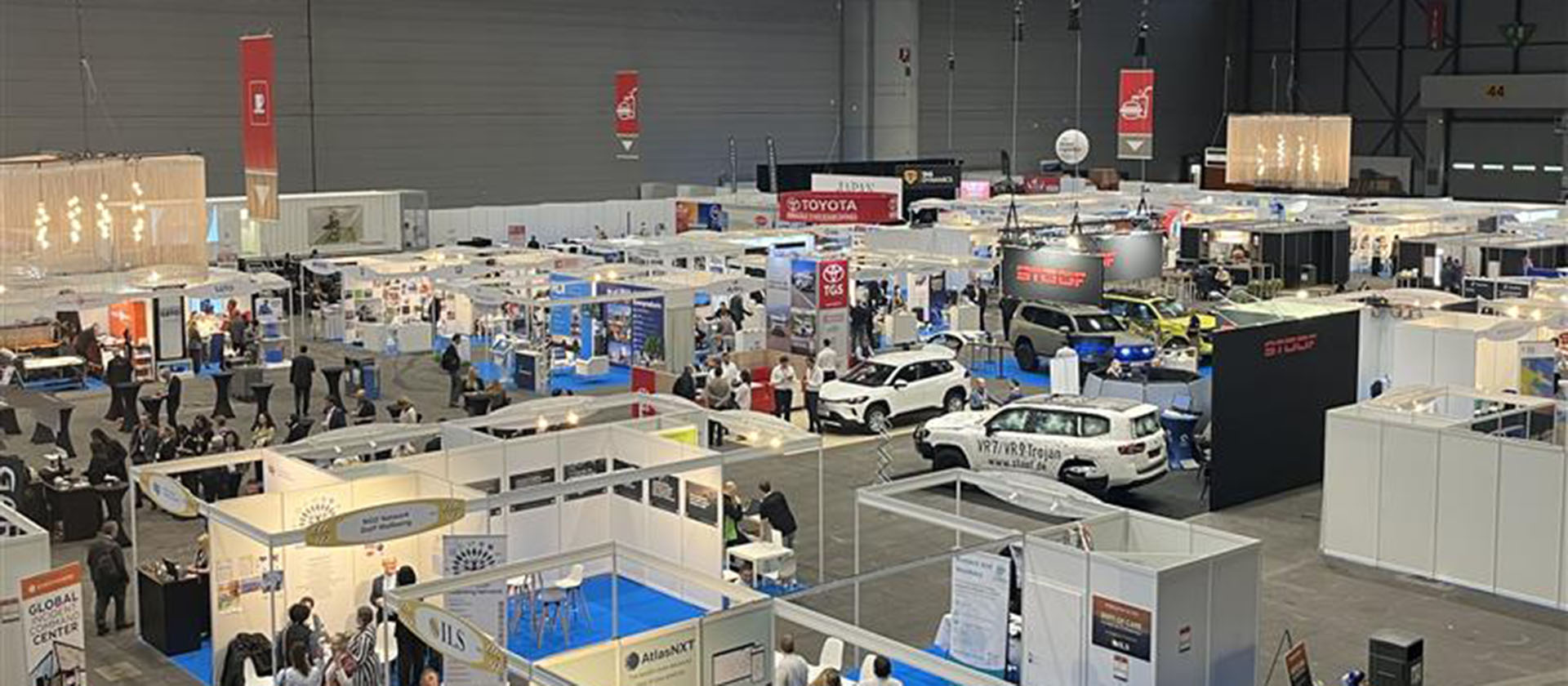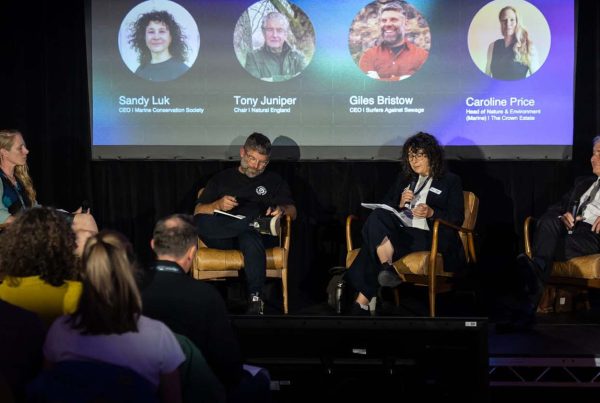AidEx 2025 brought together global development and humanitarian leaders in Geneva to share ideas, explore partnerships, and reflect on how the sector can evolve to meet increasingly complex global challenges. Our researcher, Ely Kanene, attended on behalf of Oxford HR and shared the following reflections.
Day one opened with a keynote from Dominik Stillhart, Head of the Swiss Humanitarian Aid Unit, who spoke candidly about the tightening of humanitarian funding — nearly 40 per cent of resources have been disrupted while needs continue to rise. His message was clear: the sector must learn to do more with less, strengthening collaboration with local governments and communities to create solutions that endure.
From there, conversations moved into deeper territory. In the Fireside Chat Keynote: “Resetting International Development Cooperation Systems”, panellists from Enabel, Finnfund, the Netherlands Advisory Council on International Affairs and the Saudi Fund for Development discussed how global cooperation must adapt to shifting dynamics. The session emphasised partnerships built on transparency, shared goals and local engagement, with an emerging recognition of the potential for cross-regional collaboration between Gulf states and Europe to strengthen the impact and effectiveness of aid.
In the afternoon, the session “Beyond the Grant: Evolving Donor–NGO Partnerships in a Changing World” explored how funding models are being redefined. Speakers from the Peace of Mind Foundation and the Irene M. Staehelin Foundation discussed the growing movement towards localisation, arguing that true sustainability comes when communities lead, participate, and take ownership from the very beginning of a project.
The day concluded with “Investor Perspectives: What Would It Take to Fund Humanitarian Solutions?”, where experts including Florian Kemmerich and Siddhartha Sinha examined what drives private investors to engage with humanitarian initiatives. Discussions centred on aligning humanitarian goals with financial returns and identifying scalable models that deliver both impact and stability.
Across sessions, a clear thread ran through the conversations: disruption, localisation, and innovation are shaping the next era of development. There is a growing commitment to balance global support with local ownership, enabling communities to define and deliver their own pathways to progress.
Day two built on these themes, bringing leaders together to discuss resilience, inclusion, and collaboration as central pillars of sustainable development. At the Duty of Care Pavilion, the session “Stronger Together: Rethinking NGO–Private Sector Collaboration to Sustain Duty of Care” highlighted the critical role of private partners in providing essential services such as emergency medical response and risk management. Speakers from International SOS, H2H Network and ILS stressed that partnerships must evolve from transactional to strategic — rooted in trust, shared values and transparency.
Meanwhile, on the Development2030 stage, conversations turned to the power of economic inclusion. The session “Economic Inclusion and Sustainable Job Creation” brought together leaders from Oxfam GB, Christian Aid, Purple Shoots and Standard Chartered Foundation to explore how small enterprises and community-led initiatives can build resilience, reduce dependency, and create opportunities that last.
This focus on empowerment carried through to “Safety Nets for the Future: Building Resilient Lives Through Social Protection,” where speakers from ILO, HELVETAS and the Egyptian Food Bank addressed the urgent need for robust, community-centred safety nets. With more than half of the world’s population still lacking access to social protection, they argued that such systems are not optional — they are a human right and the foundation of stability.
The conference closed with a keynote from Rt Hon Andrew Mitchell, former UK Minister for International Development, who reflected on the evolution of the sector and the path forward. His call to action centred on three priorities: investing in energy and infrastructure, enabling economic empowerment across Africa, and building resilient communities through social protection and locally driven systems.
Across both days, one message was consistent — sustainable progress depends on trust-based partnerships and courageous leadership. The sector is shifting towards collaboration that transcends boundaries, driven by inclusion and purpose rather than obligation.
For Oxford HR, these conversations reinforce the importance of leadership that is adaptive, values-led and capable of navigating uncertainty. As the landscape of aid and development continues to evolve, empowering the right leaders — those who can inspire trust, champion equity and shape systems that endure — is more vital than ever.

Ely Kanene
Ely joined Oxford HR in 2024 as part of the Europe research team. He holds an MBA and a master’s in international relations.
With experience in government, international organizations, NGOs, and the private sector, Ely has over ten years of international experience in supply chain/logistics, international relations, international trade, research, and business development.
Based in Geneva, Ely has worked and been on assignments in support of international development while living and working abroad in Afghanistan, Iraq, Western Europe, Switzerland, and the United States.
Ely is a passionate and inquisitive learner, eager to acquire knowledge and insights from others. He looks forward to collaborating with Oxford HR to achieve its objective.



